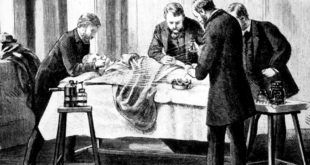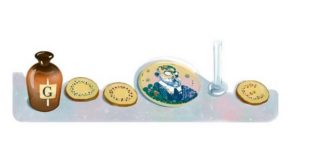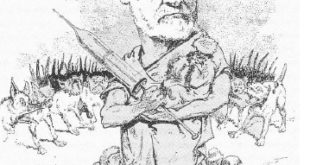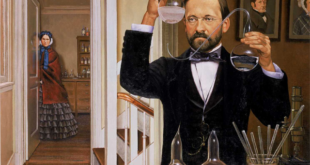Originally published in the Eastern Medical Journal on June 1, 1885
The first statement of M. Pasteur since the recent deaths of the Russians at the Hotel Dieu has just been made before the Board of Health. Referring to the case of the who succumbed to hydrophobia on March 22 last, M. Pasteur said that the man had been bitten by the mad wolf on March 1. He was inoculated on the 14th, and the first symptoms of hydrophobia manifested themselves on the night of the 19th. Part of a tooth of the wolf was found lodged between the frontal bone and the skin. After death some of his medulla was removed, so as to make experiments with the rabid virus deposited in it by the wolf. About March 24, two rabbits and two guinea-pigs were trepanned at the laboratory and inoculated with this virus. A dog was also inoculated in the same way, and another dog was simply injected with the lymph. All these animals, said M. Pasteur, are still going on all right, which proves that the Russian died of hydrophobia caused by the wolf bite, not from the preventative virus with which he had been injected.
The man had five more injections to receive at the time of his death. M. Pasteur further stated that the Russians at the Hotel Dieu were all bitten in the head, and their wounds have not yet been healed, just as was the case with the young girl Peltier, whose wound was still bleeding after thirty-seven days. One of the other Russians who has since died was bitten round the neck, and the virus probably fermented in the sublingual maxillary glands a very short time after the bites. Finally, M. Pasteur declared that in his opinion the death which had occurred proved nothing against the efficacy of the prophylactic method, for, independently of the infliction of the bites by a mad wolf, the wounds in the heads and necks of the patients were very dangerous. Up to the present moment 640 persons bitten by dogs had been inoculated without accident. Of these, about ninety-five in every hundred had, according to the testimony of doctors or veterinary surgeons, been bitten by mad dogs. — Paris Correspondence London Daily Telegraph,
The man had five more injections to receive at the time of his death. M. Pasteur further stated that the Russians at the Hotel Dieu were all bitten in the head, and their wounds have not yet been healed, just as was the case with the young girl Peltier, whose wound was still bleeding after thirty-seven days. One of the other Russians who has since died was bitten round the neck, and the virus probably fermented in the sublingual maxillary glands a very short time after the bites. Finally, M. Pasteur declared that in his opinion the death which had occurred proved nothing against the efficacy of the prophylactic method, for, independently of the infliction of the bites by a mad wolf, the wounds in the heads and necks of the patients were very dangerous. Up to the present moment 640 persons bitten by dogs had been inoculated without accident. Of these, about ninety-five in every hundred had, according to the testimony of doctors or veterinary surgeons, been bitten by mad dogs. — Paris Correspondence London Daily Telegraph,
The Russian woman who was bitten by a mad wolf, and who had been under treatment by M. Pasteur for the prevention of hydrophobia, died April 24, of the malady. The failure of treatment in her case is ascribed to the delay in its commencement. Prof. Roscoe, the celebrated English chemist, and four other British medical scientists have arrived there to study M. Pasteur’s system.
 Pasteur Brewing Louis Pasteur – Science, Health, and Brewing
Pasteur Brewing Louis Pasteur – Science, Health, and Brewing 


